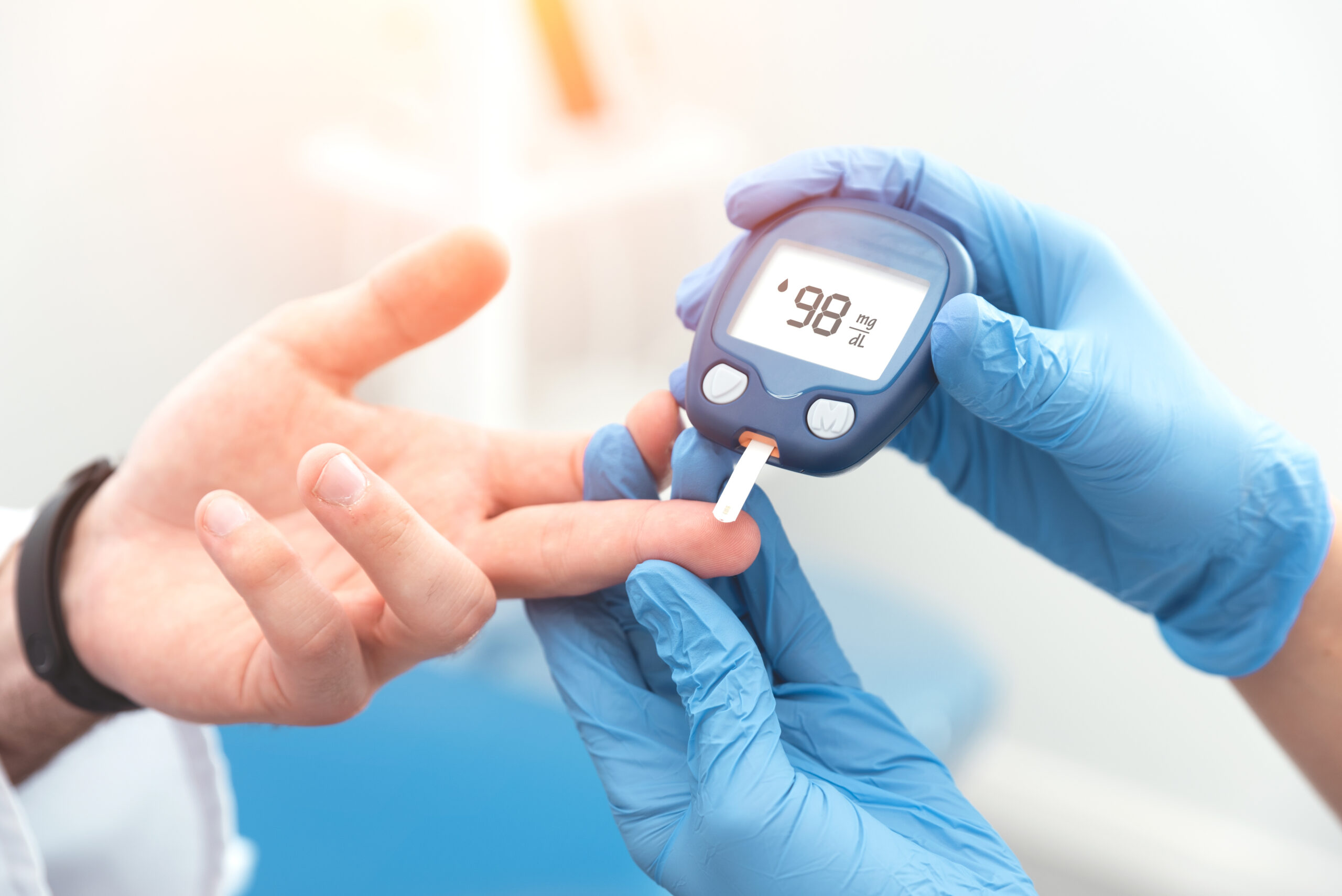Question
„Et ass eis gesot ginn, datt ee d’Medikament mam Numm „Ozempic“, dat géint Diabetes vum Type 2 agesat gëtt, och geholl gëtt fir iwwergewiichtege Leit ze hëllefen ofzehuelen. Am éischte Fall gëtt et ganz rembourséiert, am zweete Fall ass et net gratis. Well dat Medikament och beim Gewiichtsverloscht hëllefe kann, ass et a munche Länner esou gefrot, datt et zu Enkpäss kënnt. An Australien ass et z.B. bis Mäerz 2023 net méi ze kréien.
Aus deem Grond wollte mer der Madamm Gesondheetsministesch an dem Här Sozialminister follgend Froe stellen :
- Wéi vill verschidde Medikamenter ginn hei am Land géint Diabetes verschriwwen an a wat fir enger Zuel?
- A wat fir engem Mooss ginn déi Medikamenter oder dat spezifescht Medikament géint Iwwergewiicht agesat?
- Kann dës alternativ Notzung dozou féieren, datt et zu Lëtzebuerg Enkpäss an der primärer Notzung gëtt ?
Verschidde Länner, dorënner d’Belsch, recommandéieren hiren d’Dokteren an Apdikter d’Medikament „Ozempic“ just nach bei Diabetes erauszeginn fir eventuell Enkpäss ze vermeiden.
- Sinn d’Ministeren der Meenung, datt een dës Recommandatioun och zu Lëtzebuerg sollt un d’Dokteren an d‘Apdikter weiderginn? Wann net, aus wéi enge Grënn?“






